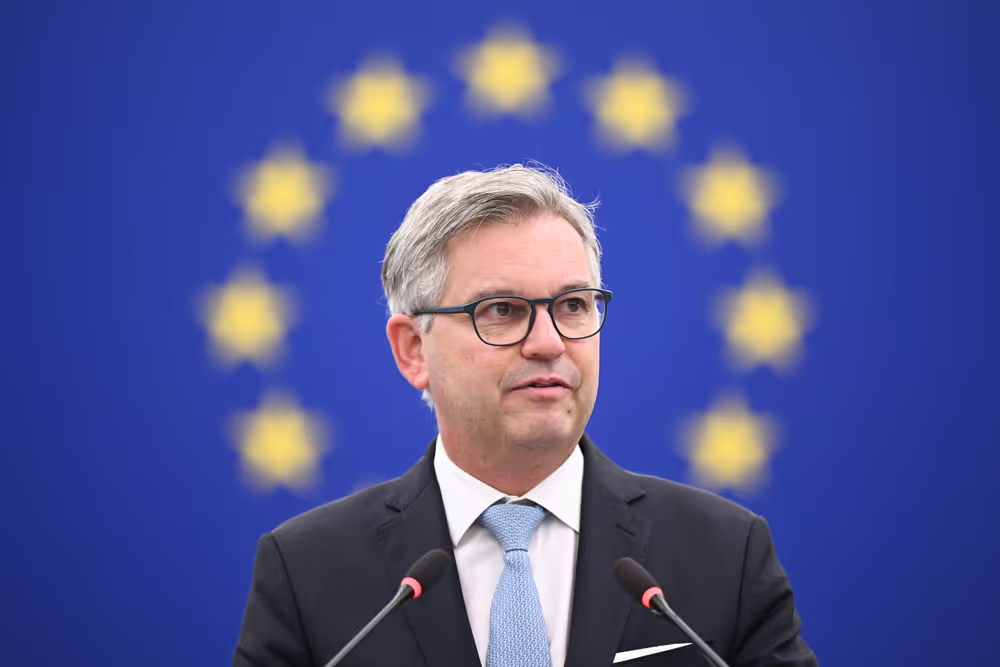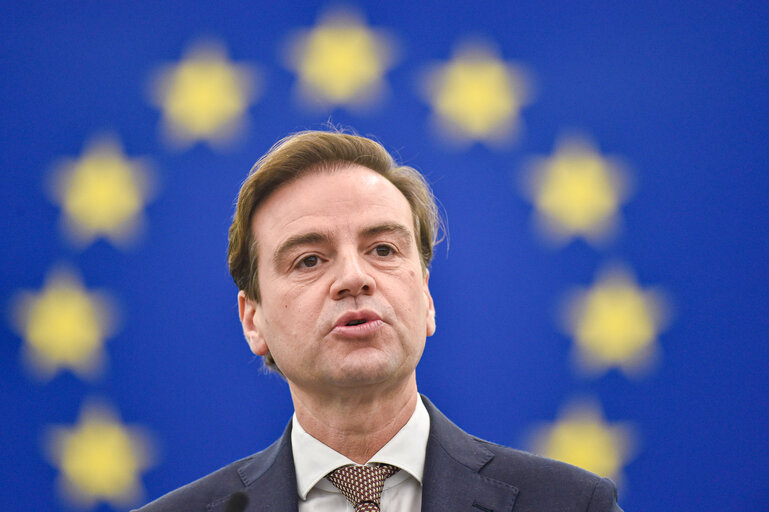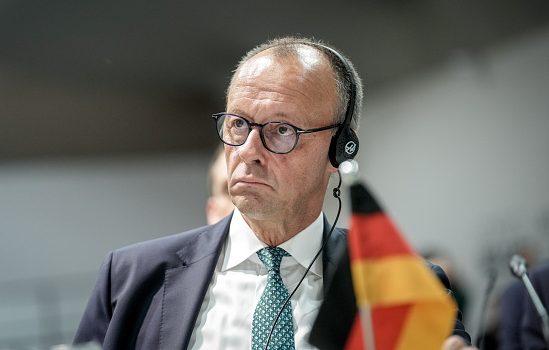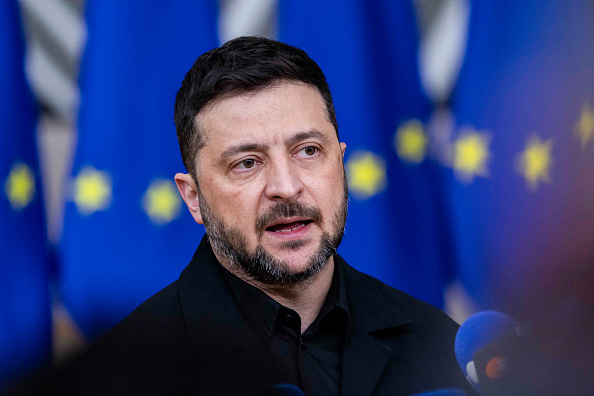Incoming Czech government signals reversal on EU climate and migration policies
Led by Andrej Babiš, the new Czech coalition is aligning closer with Hungary and Slovakia, pledging constitutional protection for the crown, state control of energy, and a hardline stance on asylum

PRAGUE – Czechia is set to be governed by a three-party coalition of populist ANO, right-wing Motorists and far-right SPD – a line-up that, in EU shorthand, brings together members of the Patriots and European Sovereignists networks.
Led by former Prime Minister Andrej Babiš, whose ANO party won last month’s elections, the coalition finalised its programme on Friday. Czech media published the text on Sunday, ahead of its official presentation today.
The document positions Prague as sovereignty-first within the EU but firmly anchored in NATO, arguing that “the EU has limits” and should not impose decisions affecting national sovereignty.
The government pledges to restore and strengthen Visegrad cooperation with Slovakia, Poland and Hungary. Monetary integration is ruled out – the coalition says the Czech crown is “key to economic sovereignty” and will seek to enshrine it in the Constitution.
On migration, the incoming cabinet promises zero tolerance for irregular crossings, rejects the EU Migration and Asylum Pact, and will propose a new asylum law limiting protection to exceptional cases.
Energy and climate policies mark the sharpest departures.
ANO-led coalition parties label the Green Deal “unsustainable” and call for an overhaul of industrial emission allowances to improve predictability. Prague will not implement the new ETS2 scheme for buildings and road transport, citing social impacts, and rejects carbon taxes on fuels.
The government also deems the 2035 phase-out of new combustion-engine cars “unacceptable.” On ČEZ – the country’s main energy company – it plans to gain full control by buying out minority shareholders.
Nuclear energy remains a strategic priority, while gas is described as essential for system stability, with additional infrastructure planned. Some coal capacity will remain online as a backstop until stable alternatives are in place.
Security policy stays the course – continued NATO alignment, stronger air and anti-drone defence, participation in European air-defence initiatives, and support for diplomatic efforts to end the war in Ukraine while upholding international law and sovereignty.
The programme does not mention Russia or other specific security threats.
(cs)





